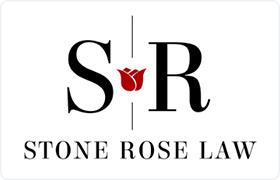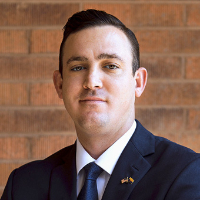Fountain Hills RICO Act Lawyer, Arizona
Sponsored Law Firm
-
 x
x

Click For More Info:
-
Stone Rose Law
8010 E McDowell Road Suite 105 Scottsdale, AZ 85257» view mapCriminal Defense High-Quality & Affordable Representation
If you have been charged with a crime, you need experienced representation from a Phoenix criminal lawyer at Stone Rose Law.
800-964-0510
Not enough matches for Fountain Hills RICO Act lawyer.
Below are all Fountain Hills Criminal lawyers.
John Schill
✓ VERIFIEDIf you've been arrested for driving under the influence (DUI) or another criminal offense in Phoenix, Arizona, who will you bring to the fight? Workin... (more)
Bradlee Rideout
✓ VERIFIEDAttorney Brad Rideout is the managing attorney of Rideout Law Group. Brad got his undergraduate degree from Arizona State University, then got his law... (more)
Marc Roger Grant
✓ VERIFIEDMarc graduated Suma Cum Laude from Arizona Summit Law School where he was awarded CALI Excellence for the Future awards in Family Law, Constitutional ... (more)
Ryan McPhie
✓ VERIFIEDGrand Canyon Law Group (formerly McPhie Law) was created to fight for the little guy. We pride ourselves on being the law firm that fights hard and pu... (more)
Kristin Dawn Mcphie
Kristin is a nationally recognized attorney admitted to practice in Arizona, the Navajo Nation, Salt River Pima Maricopa Indian Community, Gila River ... (more)
Jeremy S. Geigle
✓ VERIFIEDJeremy earned his undergraduate degree from the Marriott School of Management at Brigham Young University in 1998. He then attended Pepperdine Univers... (more)
Angela Charlene Poliquin
Richard J. Suzuki
✓ VERIFIEDR.J. Suzuki is licensed to practice law in the State of Arizona and the United States District Court. Fluent in Spanish, Mr. Suzuki is a member of Los... (more)
 Steven Scharboneau Scottsdale, AZ
Steven Scharboneau Scottsdale, AZ Practice AreasExpertise
Practice AreasExpertise











